
Salkantay Trek to Machu Picchu: A Scenic Inca Trail Alternative!
Reserve Your AdventureThe Best Inca Trail Alternative: Salkantay Trek to Machu Picchu
Salkantay Trek - A Naturally Epic Trekking Adventure!
The Salkantay Trek To Machu Picchu
National Geographic Included Salkantay on their list of 25 Best Treks in the World! The Salkantay route takes you to Machu Picchu through astounding Andean scenery. It ranges from high mountain passes past the sacred Salkantay Mountain. It then descends to the verdant cloud forests below. This makes for a truly spectacular trekking experience in the Andes. The trek is named after the sacred mountain of the same name.
It decorates the horizon, towering over 6000M /20,000 feet above sea level. Mount Salkantay is the twelfth-highest peak in the Peruvian Andes. It is one of the most worshipped mountain peaks in the Peruvian Andes.
The Salkantay Guided Tour is perfect for trekkers seeking a lesser-traveled route. Those who want an equally stunning trail to Machu Picchu. The trail takes you through remote, high-altitude Andean villages. It passes gushing rivers. It then crosses the high-elevation mountain peaks of the mountain pass. On the first day, you will also visit the magnificent Humantay Lagoon. This is an otherworldly turquoise glacial lake. It is actually one of the highlights of the trekking route! There is also the bonus of hot springs near Santa Teresa, to relax those tired legs!
Many people want to learn about the Salkantay Trek versus the Classic Inca Trail for their Andean trek in Peru. The Salkantay route is the most popular trek after the Classic Inca Trail to Machu Picchu. It receives far fewer trekkers than the classic Inca Trail. However, it may not have as many fantastic archaeological sites as the Inca Trail. However, it makes up for it with spectacular vistas. You can also walk through this naturally remote paradise, free from fellow humans.
The main difference between the two treks is that you will not enter Machu Picchu through the Sun Gate. Instead, you will take the bus up the mountain from the town of Aguas Calientes to the Inca citadel.
What You Need To Know About The Hike
- The Salkantay Route covers approximately 74 kilometers ( 46 miles).
- The Trekking difficulty level ranges from moderate to challenging. This is due to the altitude and varied terrain.
- The highest point on the trail is approximately 4,630 m / 15,190 ft, at The Salkantay Pass. Acclimatize well for a minimum of 2 days to avoid altitude sickness.
- No Permit is needed to hike the Salkantay Trail.
- All trips are led by authorized guides. This ensures the safety of our trekkers and compliance with safety regulations.
- Your trek includes a Machu Picchu Visit on the 5th day. It also includes your train ride to Ollantayambo and return to Cusco. Your tour guide will accompany you all the way! Your trek also includes breakfast, lunch, and dinner on the trekking days!
Valencia Travel Cusco is 100% committed to sustainable tourism. We offer an unparalleled trekking adventure in the Andes! We will also make sure your trek is beyond extraordinary.
More Information? Check out our All You Need To Know About Hiking The Salkantay Trek to Machu Picchu
* Reputable tour operators like Valencia Travel Cusco will provide a safe trekking experience. All along the trek to Machu Picchu. We will also collect you and drop you off at your hotel in Cusco or The Sacred Valley.

This Trekking Route is for those people who prefer to trek off the beaten path with fewer people and witness Andean vistas like no other! Here is our video of Salkantay to Machu Picchu.
Important Information for Hiking The Salkantay Route
Planning & Booking Your Salkantay Trek
+How To Plan and Reserve The Salkantay Trek to Machu Picchu
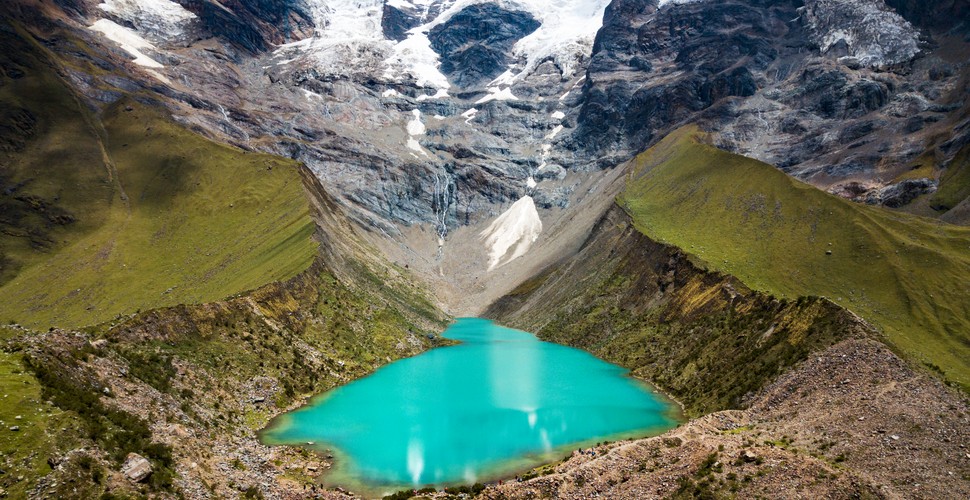
Trip Planning for The Salkantay Route
Are you searching for a trekking experience in the Andes of Peru? Salkantay is the ultimate adventure for the intrepid trekker! Traversing high Andean mountain passes might not be everyone's idea of fun. However, for those of you who are up for the trekking adventure of a lifetime, this is the perfect trek for you. Few Peru Treks can compare. When it comes to pristine nature and spectacular mountain scenery. Plus, the ultimate destination is the Wonder of the World - Machu Picchu! The trek is slightly more difficult than the Inca Trail. It reaches higher elevations and is one day longer. However, the day-to-day trekking times are generally the same. You also spend a night in a hotel before visiting Machu Picchu. So you can look your best before visiting the ancient citadel. (Think about those Machu Picchu photos!). Here is All You Need To Know about trip planning for the Salkantay Trek to Machu Picchu!
The Steps to Book Your Trek
1. Check Availability
We recommend that you make a reservation for the trek and pay your entrance fee well in advance. Certain dates, such as those during high season, can sell out quickly. Our group treks have limited numbers. Choose your preferred date, and also have some backup start dates. This is so we can accommodate your preferred trekking dates. If you want a group trek, the dates are often defined, so this requires an element of flexibility on your part. If you want an exact date due to your work leave, public holidays, etc., you may want to consider a private trek. A Private Trek for you and your group will guarantee your exact dates!
A Step-by-Step Guide
- Click on the Salkanty Trek of interest, for example, The 8 Day Salkantay Trek
- Click on the Book Now Button.
- Choose your preferred Date.
- Complete the Form
- Click Next and complete your Personal Details
- Click Next to go to the Payment Section
- Enter your Payment Details
- Get Excited for your Trekking Adventure to Machu Picchu!
2. Booking Conditions
Please review our booking conditions here. Booking with Valencia Travel means you have read and agreed to these conditions.
3. Pay Your Deposit. To reserve your trek, we require a 40% deposit of the cost of the trek. On payment of the 40% Trek deposit, your trek is confirmed! Please note: This deposit is non-refundable. It is used to secure Machu Picchu permits, train tickets, and hotel reservations. These form part of your trekking package. Are you booking less than 2 months before your departure date? In this case, full payment is required to confirm the trek.
4. How To Pay For Your Trek.
See a detailed list of payment methods here. Please remember that bank fees/credit card charges are the responsibility of the customer. Credit card charges are 5% of the Trek cost, and bank fees are generally $15 USD per transaction.
5. Complete Your Details. We want to make sure your trek meets all your requirements. For this, we will need the details of all the trekkers in your party. This is to offer you the best tour possible. This includes full names and gender. Passport number and passport photocopy. Date of birth and nationality. Dietary requirements/preferences, email address, and any medical restrictions.
6. Travel Insurance
You will require a comprehensive travel insurance policy to be able to trek to Machu Picchu. Please send us the insurance details once you have them.
7. Balance Payment.
Please send us the insurance details once you have them. Your final balance should be paid at least 1 month in advance of your departure date. Trekking less than a month before you book? The full payment is required to be able to confirm your trek.
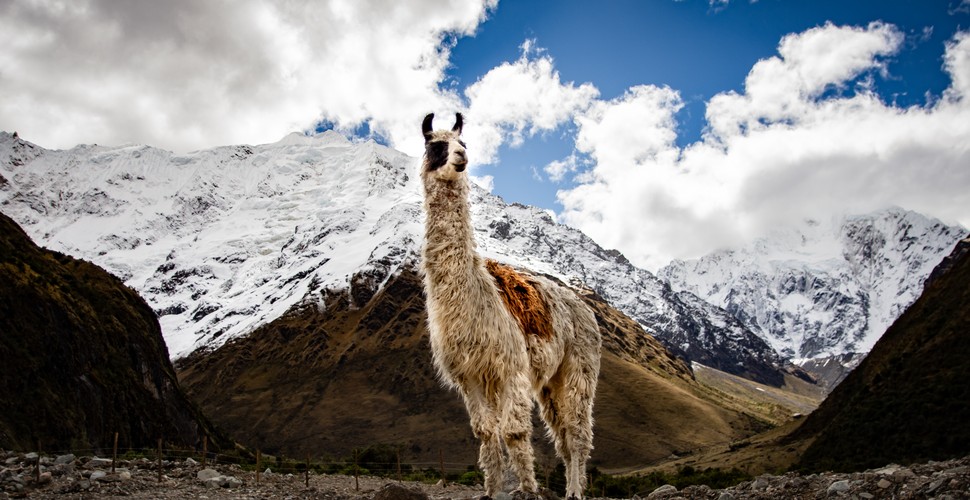
FAQs About The Salkantay Trekking Route
+The Most Frequently Asked Questions About Salkantay to Machu Picchu
How To Get to Cusco Peru?
Most people will arrive in Cusco by air from Lima International Airport. Please remember that the Cusco airport is for domestic travel only (with the exception being a daily flight to La Paz in Bolivia). If you come directly from overseas via Lima, you should collect your bags in Lima and re-check them for your flight to Cusco. Four airline carriers fly between Lima and Cusco. That includes LATAM Airlines, Star Peru, and SKY Airlines. They all offer similar schedules and in-flight service. We usually recommend LATAM airlines. They have the most daily departures and tend to be the most helpful when unexpected flight cancellations or delays occur.
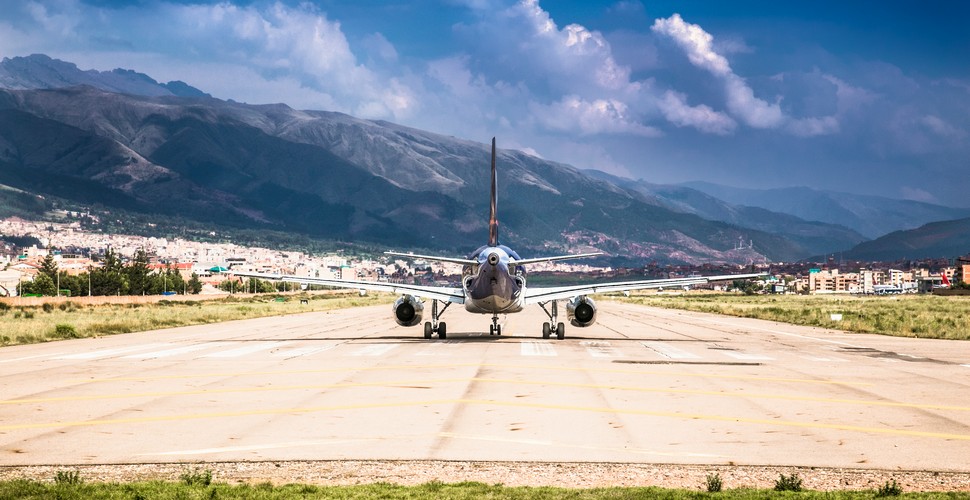
Huayna Picchu and Machu Picchu Mountain - Which One Should I Climb?
Machu Picchu Mountain takes around 3.5/ 4 hours (there and back) and the distance is around 5.68 km (3.5 miles). Huayna Picchu is 3 - 3.5 hours (return) and the distance is 4 km / 2.5 miles. The trail leading up Huayna Picchu is very narrow with sheer drops. Machu Picchu Mountain has a lot wider trail without the scary drops. Both mountains inside Machu Picchu offer you a spectacular panoramic view of the surrounding mountains and valleys. When you make it to the top of Huayna Picchu, you will be able to see the Machu Picchu ruins and Machu Picchu Mountain. Conversely, from the top of Machu Picchu Mountain, you can see the Machu Picchu ruins, and Huayna Picchu is the backdrop. Therefore, you will find amazing spots to take your unforgettable photos at the top of either mountain inside Machu Picchu! Make sure you purchase the correct circuit to climb the mountain of your choice inside Machu Picchu. Find out more about Machu Picchu Circuits here.
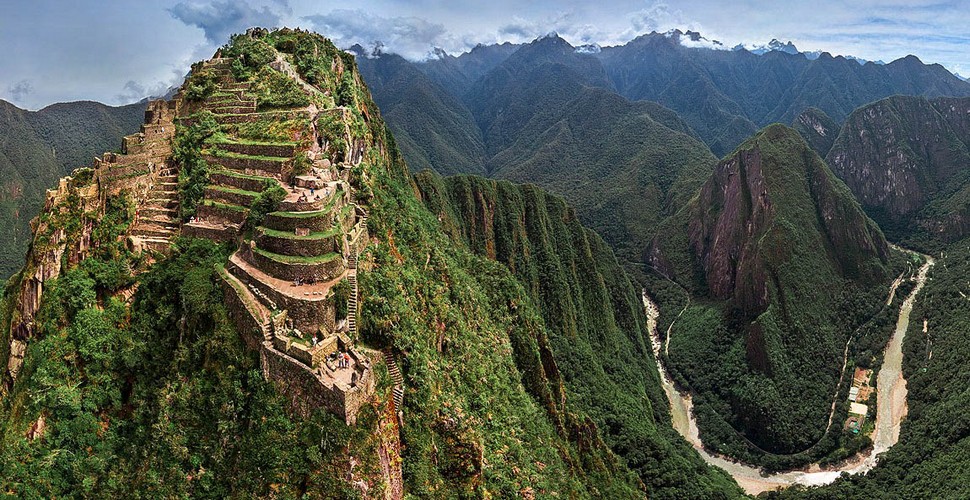
What is an Alternative Trek?
The Salkantay Hike is considered an "alternative trek," but what is an alternative trek? An Alternative Trek is a Trek to Machu Picchu which is NOT the Classic Inca Trail. The Inca Trail has limited accessibility due to the restricted number of trekkers who can do the Inca Trail Hike each day. The alternative treks to Machu Picchu first became popular for those who were not able to secure an Inca Trail permit. Now, many trekkers actually prefer the advantages of alternative treks such as Salkantay. There are fewer people, mules can carry the necessary camping equipment, and you DON´T need a permit to hike Salkantay! You also spend the night in Aguas Calientes and can have a hot shower after 4 days of trekking!
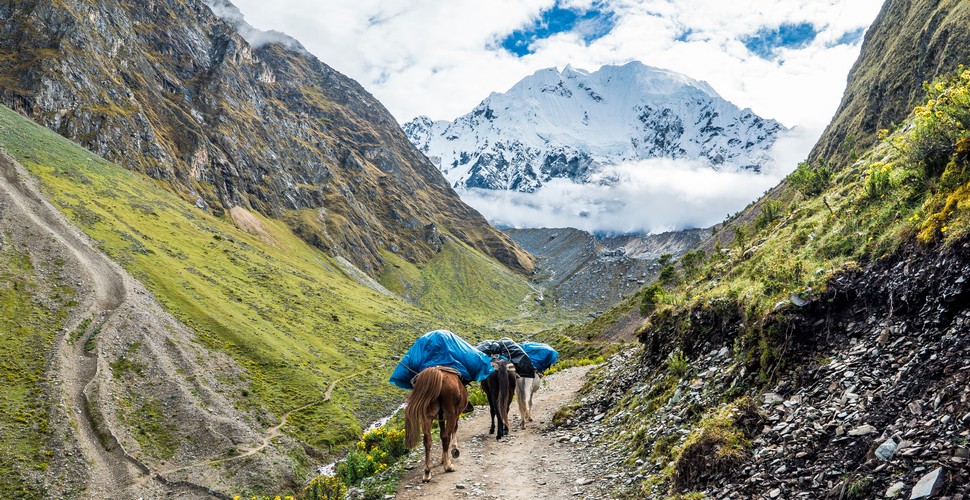
More FAQs About The Salkantay Trek
Maps, Altitudes, Weather, Distances and Practical Information about Salkantay
+Practical Information about The Trail
The Salkantay Trail is one of National Geographic´s Top 25 Treks in the World! The route allows you to immerse yourself in nature. In the glory of the Andes Mountains. It also allows you to marvel at Cusco´s second-highest snow peak. The Salkantay Route to Machu Picchu was the first alternative Inca Trail. Ever since the Peruvian government restricted trekkers on the Inca Trail. It is now probably the second-most-popular Trek in the Cusco region after the Inca Trail! This makes it perfect for those who want to experience astounding natural scenery. As well as a challenging trek to Machu Picchu.
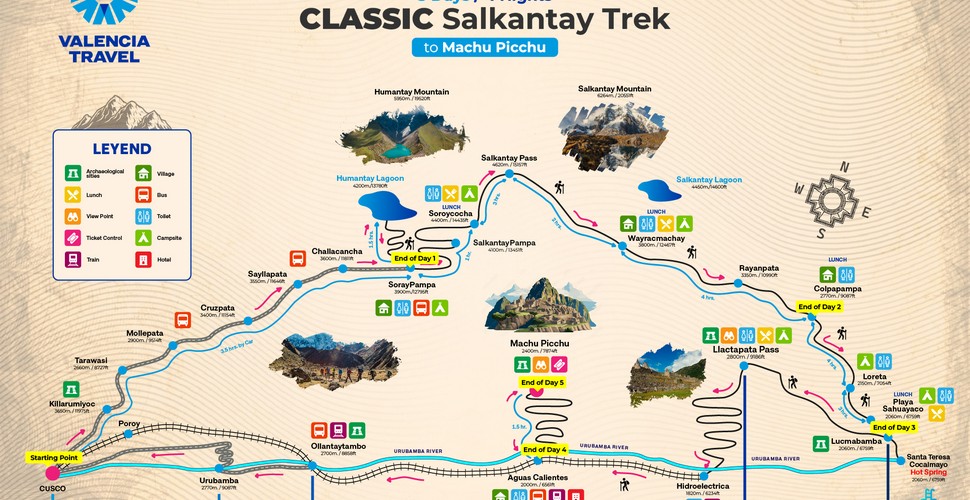
Weather Conditions On The Hike
The best time to hike is the dry season, which runs from April to October. This is winter in the Andes. So, although it is dry, nighttime temperatures drop below the freezing point. Make sure you pack a 4-season sleeping bag! June and July are the busiest months on the trail. They are also the driest months and the best months for trekking. You can hike the trail at any time of the year. However, bad weather during the rainy season can cause mudslides. It also causes difficult trekking conditions along the trekking route. We recommend avoiding January and February for this reason. Peak trekking season is from April to October. This coincides with the dry season, however, it is never really entirely dry weather in the Andes. Make sure you always have a waterproof jacket with you! The general difference is that the rain is usually in showers. and short-lasting, as opposed to the rainy season, when it can settle in for days. Dry season is the time of year that enjoys the clearest skies. Therefore, the best views are of the stunning surrounding peaks of Humantay and Salkantay. The Salkantay route is also in optimum condition for an excellent trekking adventure. Shoulder season (April and October) is also a great time of the year. With fewer people on the trekking route, and the probability of decent weather. Here is our rainfall and temperature chart for your adventure.
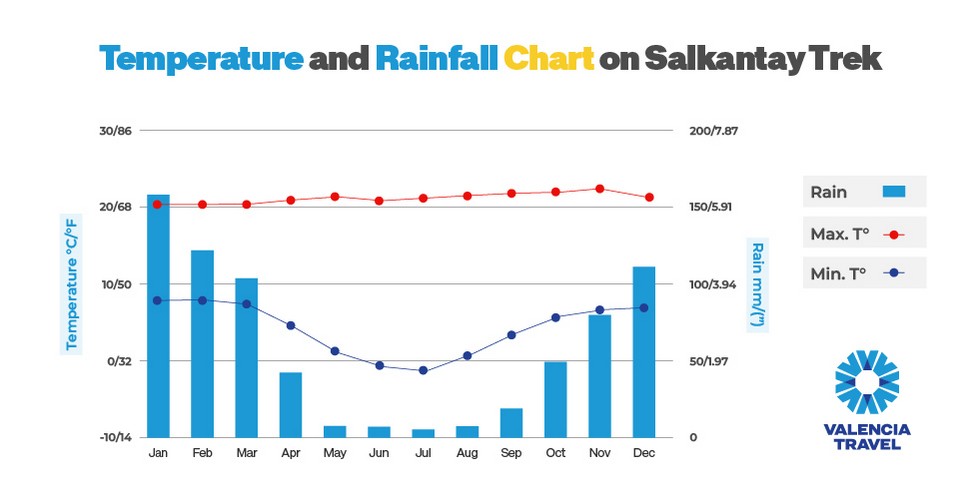
Daily Distances and Elevation Gain On The Trek
The elevation gain and daily distances are extremely varied. This is on each day of trekking the route. The total distance of the trekking route is 76 km(46 miles) and takes 5 days and 4 nights. On the final day of the trek, you will visit the iconic Machu Picchu. You will then head to the train station and on to Cusco in the afternoon. The altitude gain ranges from 2434 meters (8,000 ft.) to 4600 m (15,000 ft.). On each day of the trek, the altitude varies dramatically. This is due to the varied terrain of the Andes Mountains. The trek difficulty is completely different every day. As is the case with most Peru treks. Salkantay is considered moderate to challenging. The altitude of this mountain is higher than other mountains in the Cusco region. While we do NOT climb the mountain, we cross the mountain pass at 4600m (15,000 ft). It is important to acclimate in Cusco at least 2 days prior to the hike. This is so that you do not suffer from altitude symptoms in the remote regions of this Andean trail. (Read our acclimatization tips here.) Here is a table of daily distances and altitude gains to prepare for the Salkantay Trek to Machu Picchu!
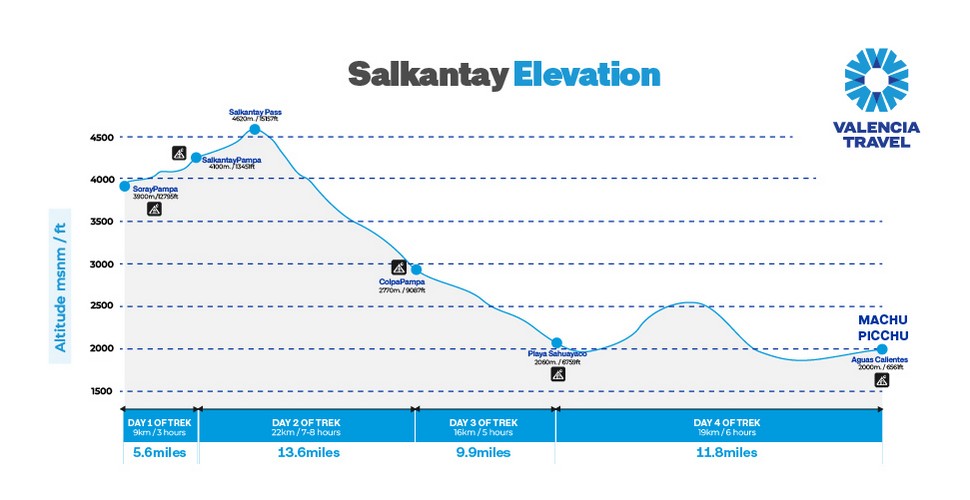
Sustainability and Responsible Tourism Along Salkantay
+How To Be A Responsible Traveler On The Trekking Route
Travel to a country as diverse and culturally rich as Peru is an incredible experience. It can leave a lasting impact on both the traveler and the destination. Tourism continues to grow in Peru, especially in the Machu Picchu region. So, visitors should be mindful of their actions and choices. This ensures that their presence contributes positively to the local communities. As well as the environment and culture. Here, we will provide valuable insights and guidelines on how to be a responsible trekker. All along The Salkantay Trek to Machu Picchu hike. This is so we can protect Peru's stunning natural landscapes. As well as preserve the unique cultural heritage along this high-quality trekking route.
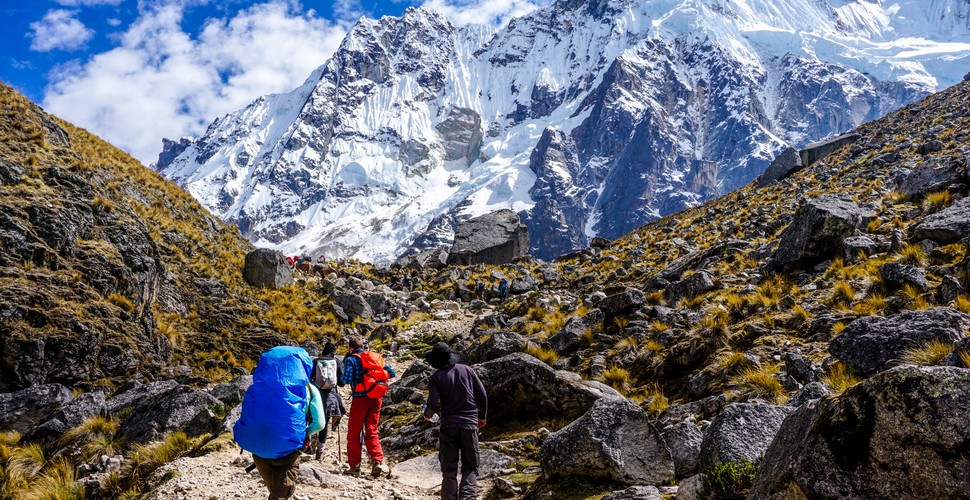
How to Respect Peruvian Culture and Traditions
Peru boasts an astounding cultural heritage that includes ancient civilizations like the Incas. The country is also rich in the customs and traditions of its indigenous Andean people. As a responsible tourist, it's vital to respect and appreciate the local culture. On your trek, remember that Salkantay is sacred to the Peruvian people. We need to follow the guidelines in place for its protection. We should also respect the communities we pass through. This is to protect Peru´s traditional Andean heritage.
Support the Local Economy
The best way to positively impact a destination is by supporting its local economy. Prioritize staying in locally owned accommodations. Dine at local restaurants, and purchase handmade products from local artisans and businesses. You will stop briefly in the town of Mollepata for breakfast, for example. This is at the beginning of all of our Salkantay Experiences! This means that the money you spend on your tour directly benefits the communities you visit. This helps to create a sustainable source of income for community members. You will also get a lower price too! Make sure you book with a locally-owned tour operator like Valencia Travel. To directly contribute to the local economy!
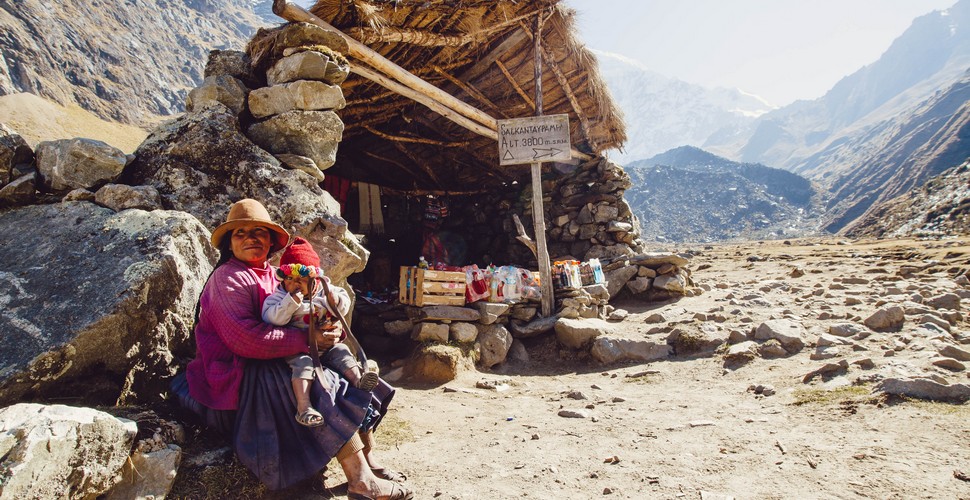
Choose Sustainable Tour Operators
When planning your trek, choose a responsible tour operator like Valencia Travel. We focus on sustainability, follow ethical guidelines, and minimize our environmental impact. We treat our muleteers fairly and support local initiatives. Our tours also help you learn about the local culture and environment, where you will be trekking.
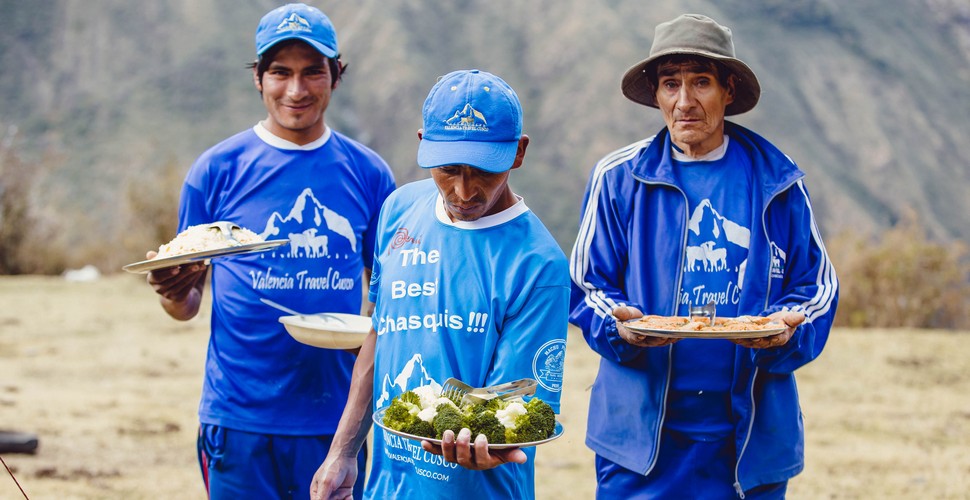
Minimize Plastic Waste on The Salkantay Route
The issue of plastic pollution affects many destinations worldwide. The trek along the Salkantay Route is no exception. Bring a reusable water bottle and a cloth bag to avoid single-use plastic items. Many hotels and restaurants in Peru are adopting eco-friendly practices. Make sure you support their efforts by using eco-friendly products. Also, avoid unnecessary plastic consumption. On all our trips, we minimize the use of plastics wherever possible. Plastic bottles are not allowed inside the Machu Picchu archaeological site. When you visit on your Salkantay trekking adventure, don´t take plastic bottles!
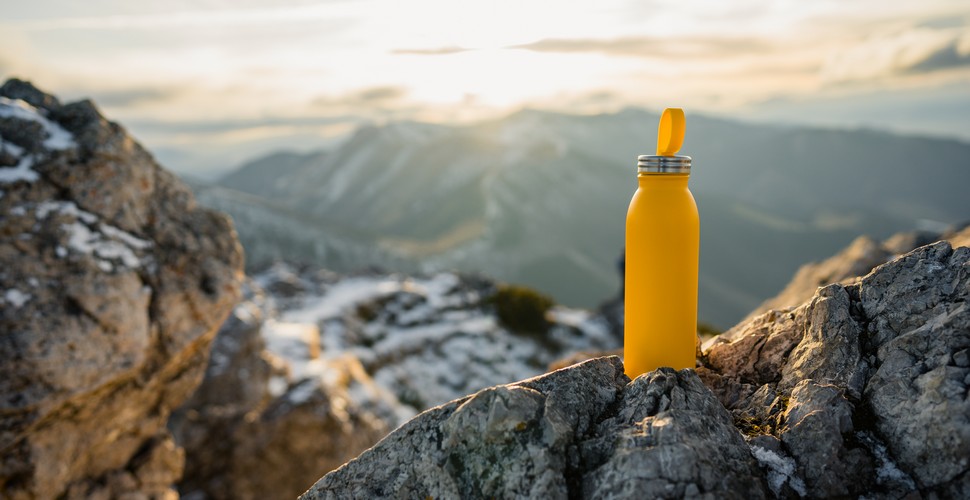
Conserve Natural Resources
Peru is home to numerous diverse ecosystems. From the Amazon rainforest to the Andes Mountains. Be conscious of your water and energy usage. Especially in regions where resources might be scarce. Opt for eco-friendly activities! Such as hiking the Salkantay route. Wildlife spotting and bird watching. Activities that have minimal impact on the environment.
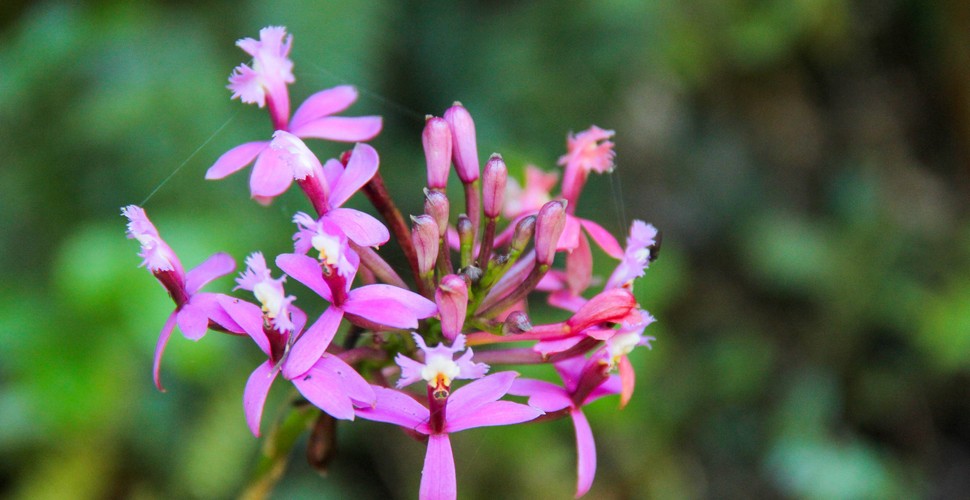
Wildlife and Nature Interaction
Peru is renowned for its unique wildlife. This includes majestic Andean condors and colorful Amazonian creatures. Along the trail, you will have many wildlife and nature interactions. You have the chance to spot a number of birds unique to the cloud forest regions of the sacred mountain. As well as many insects from this unique ecosystem. However, it's vital to maintain a respectful distance from these animals. As well as their habitats. Avoid touching, feeding, or attempting to get too close to wild animals. This can disrupt their natural behavior. It can also affect the delicate ecosystems. Find out more about how to be a sustainable trekker.
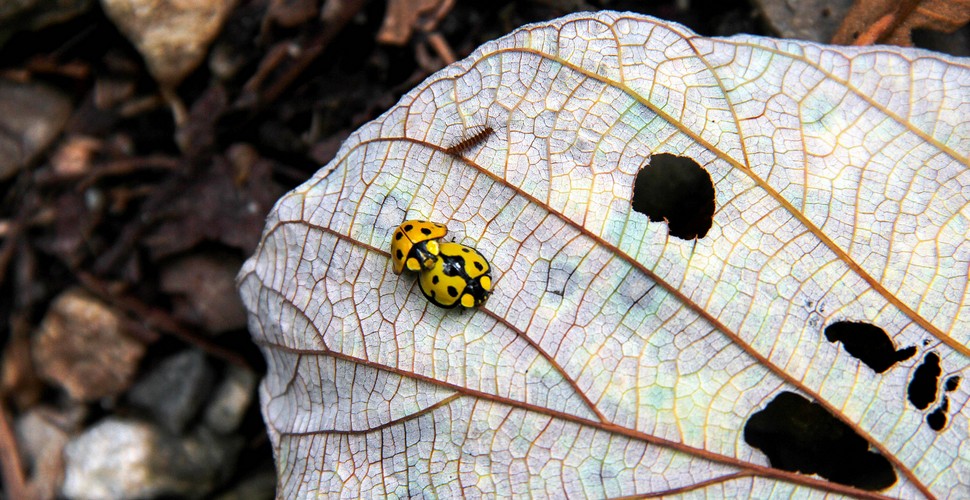
Dispose of Waste Responsibly Along The Salkantay Trail
Dispose of your waste responsibly. Use designated rubbish bins and recycling facilities, wherever possible. If none are available, carry your waste with you until you find an appropriate place to dispose of it. The Salkantay region is surrounded by delicate natural habitats. This is where unique and endangered animals and plants thrive. Due to this remote Andean region. It is vital to protect the region for wildlife and plant species. This secures the future for generations of Peruvians, as well as other trekkers. We can make sure we don´t cause any negative impact on the local environment on our tours. Remember to "leave only footprints".
Being a responsible traveler on your Salkantay experience is about making conscious choices. This will preserve the pristine environment and natural habitats. It will also support its local communities. Respecting local traditions and supporting the local economy. As well as using sustainable practices can have a positive impact on the region. This is the best way to create unforgettable memories for yourself on your trek! Your actions as a responsible traveler can inspire other travelers to follow suit! This will ensure that the trail is well-preserved for generations to come.
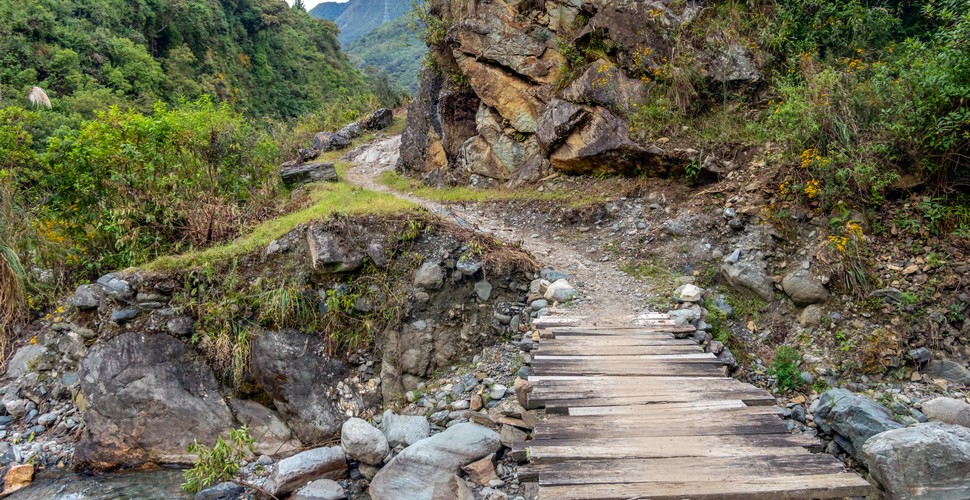
Sustainable Practices for the Eco-Friendly Tourist in Peru and Along The Salkantay Trail
Peru has long been a top destination for travelers seeking adventure. The country offers a mix of natural wonders and rich history around every corner. From the breathtaking ruins of Machu Picchu. To the vibrant biodiversity of the Amazon rainforest. Peru’s beauty is undeniable.
The world has become more eco-conscious. So it’s important for travelers to explore sustainably. Supporting Indigenous artisans. Practicing responsible wildlife viewing in the Amazon. Reducing plastic waste and following local rules. These are all excellent ways to help.
This guide is your step-by-step plan for responsible travel in Peru. Learn how to enjoy the country’s incredible sights while leaving only footprints. Make sure the only things you take home are unforgettable memories. As well as a sense of fulfillment.
Join us on this journey to hike the Salkantay Trail. In a way that respects its heritage and preserves its natural beauty. We can ensure this stunning mountain remains a top destination for future travelers. We can also protect the local flora and fauna.
Support Local Communities Near Machu Picchu
Stay in locally-owned accommodations. Eat in local restaurants. Buy handicrafts from local artisans. This all helps the local economy. It also reduces the carbon footprint associated with large, international chains. On your Salkantay Trekking Adventure, we will stop off in the small town of Mollepata. This is close to the trailhead for all of our Salkantay Trekking routes!
Responsible Wildlife Viewing Along The Salkantay Route
Visiting the Amazon rainforest? Hiking the Salkantay Trek to Machu Picchu? Choose a tour operator that follows ethical wildlife viewing guidelines. Avoid all tours that engage in activities harmful to animals. This includes riding them, swimming with them, or getting too close to nesting sites.
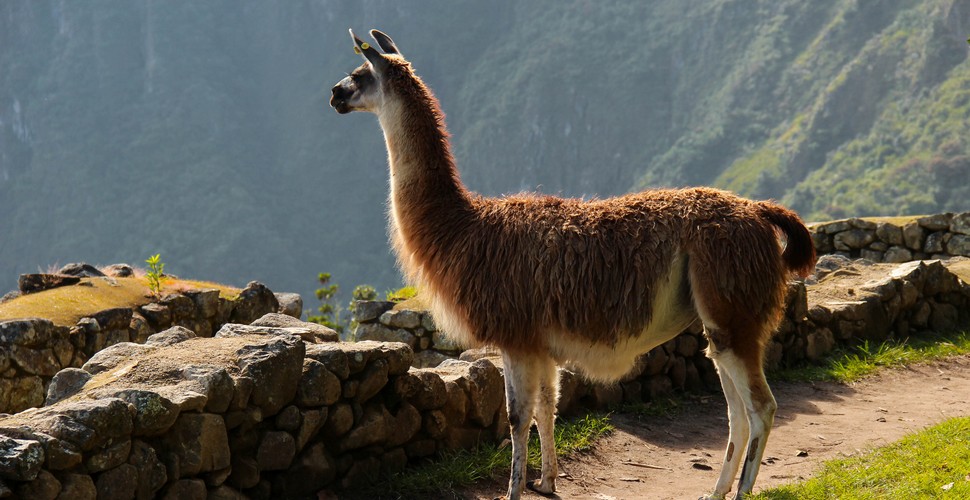
Respect Cultural Heritage
Peru has a rich cultural history. Visiting archaeological sites or in historic towns like Cusco. Be respectful of the heritage. Do not touch or climb on ancient structures in Machu Picchu. Follow the guidance of local authorities.
Reduce Plastic Use
Carry a reusable water bottle along the trek. Use water purification methods to reduce the need for single-use plastic bottles. Avoid using plastic bags and opt for reusable bags.
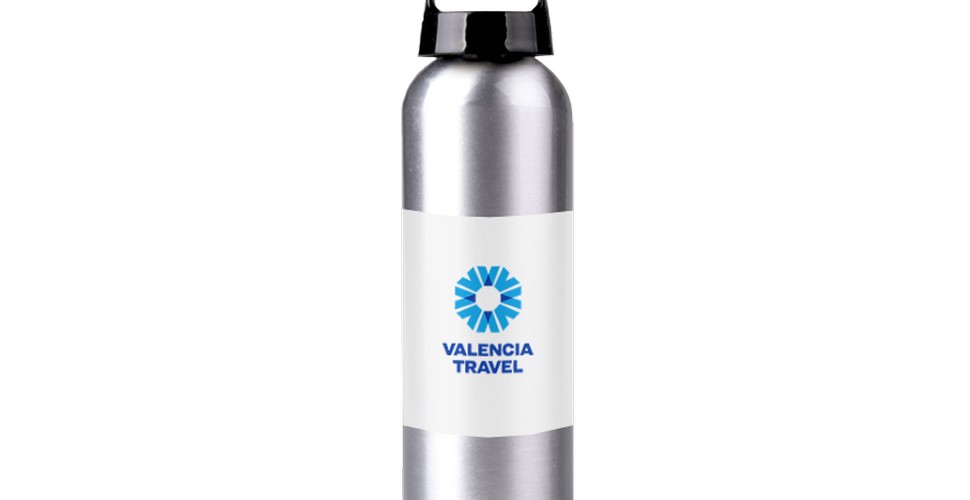
Minimize Energy and Water Consumption
Conserve natural resources! Turn off lights, air conditioning, and heating when not in use. Limit your water usage and choose accommodations with water-saving initiatives.
Choose Sustainable Tour Operators
Choose a tour operator like Valencia Travel! We focus on sustainability! We reduce waste, use renewable energy, and offer eco-friendly transport options. It's also essential to have local guides for your hike. They know the area well. They also provide helpful insights into the local culture and environment.
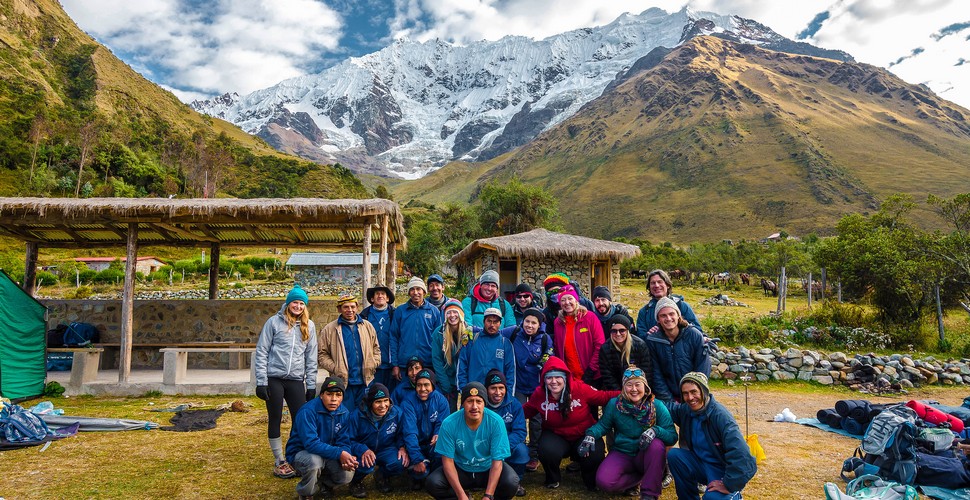
Responsible Trekking On Salkantay
Planning on hiking along the Salkantay Trail? Use the services of operators who follow "Leave No Trace" principles. Pack out your waste, and choose responsible tour companies with responsible camping practices.
Public Transportation
Use public transportation or shared transportation as you explore Peru. This helps reduce the carbon footprint associated with private vehicles. Valencia Travel uses its own, well-maintained vehicles. They comply with all laws against carbon emissions. Contribute directly to a healthier environment on your Salkantay Trail!
Learn About the Local Ecosystem
Educate yourself about the local flora and fauna of the Salkantay area. Understanding the environment in the Salkantay region helps you appreciate it more. It also encourages its protection. Learn more about nature and ecology on your hike to Machu Picchu.
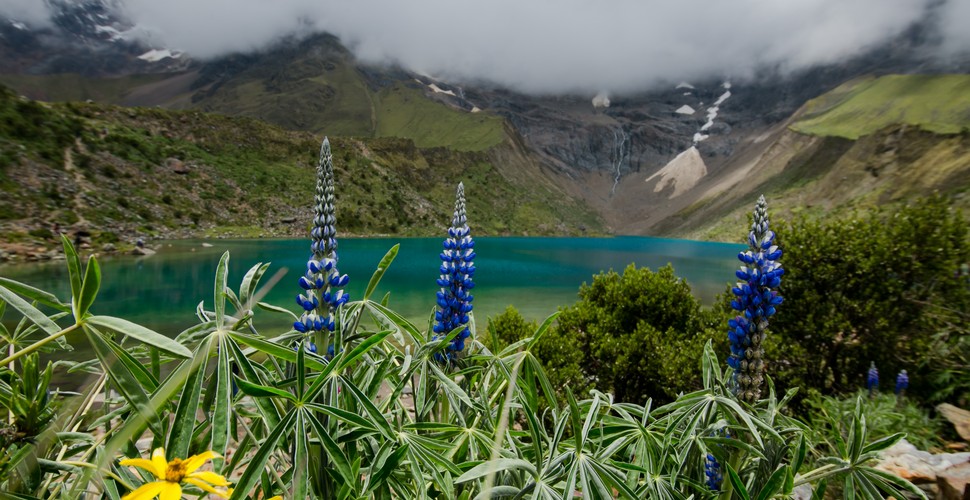
Reduce Water Waste
Be mindful of water consumption, especially in regions where water is scarce. Take shorter showers and reuse towels to reduce the need for frequent washing.
Dispose of Waste Properly
Always use designated trash and recycling bins. Do not litter along the Salkantay trekking route. In rural areas, pack out your trash to avoid impacting local ecosystems.
Discover how you can immerse yourself in Peru's wonders during your tours and treks. Leave only footprints to take away unforgettable memories and a sense of fulfillment. Join us on our Salkantay experiences to explore the best of Peru. In a way that respects the Andean people and protects its natural beauty.
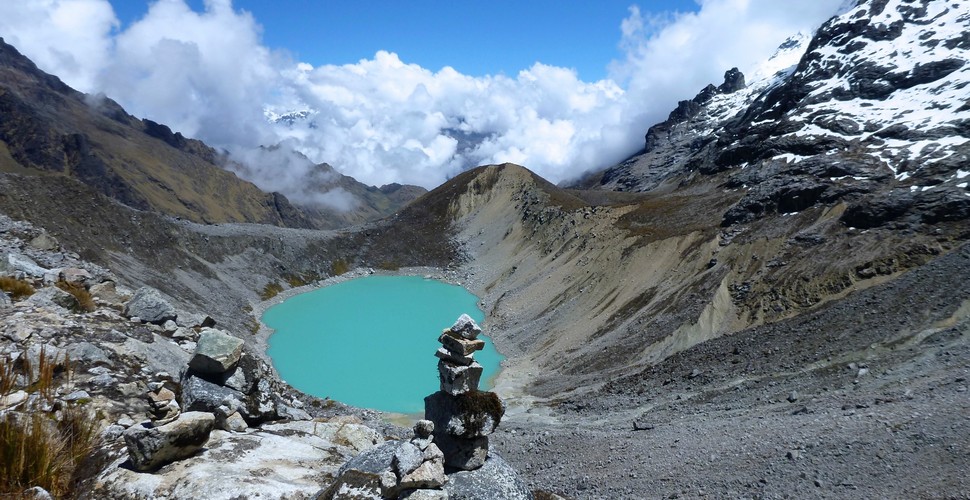
The Importance of Environmental Awareness On The Trek
Peru is a land of impressive ecological diversity. Where rugged mountain ranges meet ancient civilizations. This is the perfect example of the harmony between nature and culture.
From the Amazon rainforest and the majestic Machu Picchu. From the Nazca Lines to Lake Titicaca. Peru’s landscapes have captivated the world's imagination. Yet, beneath this enchanting facade lies a delicate balance that requires our attention.
Environmental awareness is of vital importance whenever you visit Peru. Read on for more useful information!
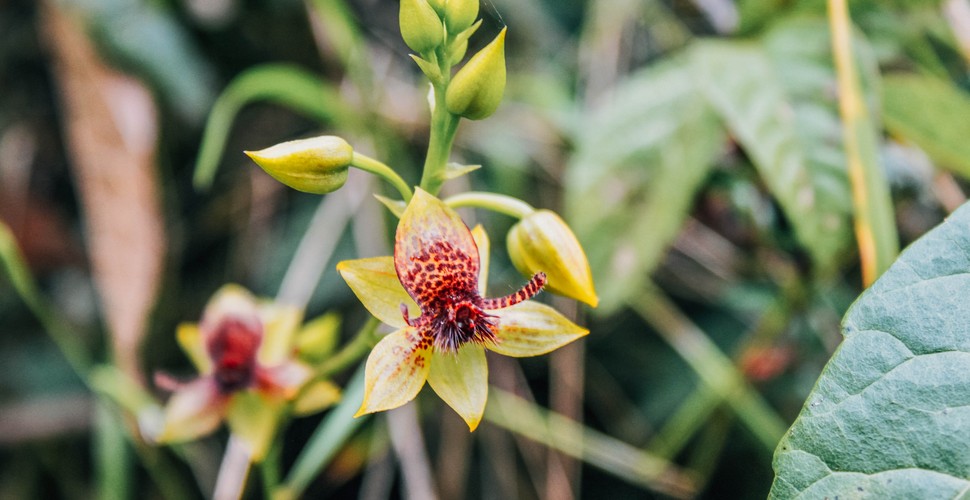
Biodiversity and Conservation of Peru
Peru is one of the world's most biologically diverse countries. Home to a wide range of ecosystems. These include the Amazon rainforest, Andes mountains, and coastal deserts. Preserving this biodiversity is crucial for the health of the planet as a whole. As well as for future generations. Rules are in place on The Salkantay Trekking route,which we as a company respect 100%. We ask our clients to also comply with these rules (your guide will tell you what they are :)), throughout your tours.
Indigenous Communities Around Machu Picchu
Many Indigenous communities in Peru depend on the environment. For their way of life and cultural identity. Protecting their rights and respecting their traditional knowledge is crucial. In the Andes, many farming communities still use techniques handed down for generations. Along the Salkantay Trail, the fertile land supports local farmers. They rely on it for their livelihood.
Climate Change In The Machu Picchu Region and Cusco
Peru is particularly vulnerable to the impacts of climate change. This includes glacial melting in the Andes and extreme weather events. Raising awareness about climate change is essential. To reduce the effects of climate change. As well as adapting to new challenges. Remember, the famous Rainbow Mountain has only recently been discovered! This is due to the snow caps melting at this high elevation of the Ausangate Mountain Range. Previously, it was covered in snow. The region is also affected by global warming. With higher rivers due to the surrounding icecaps melting.
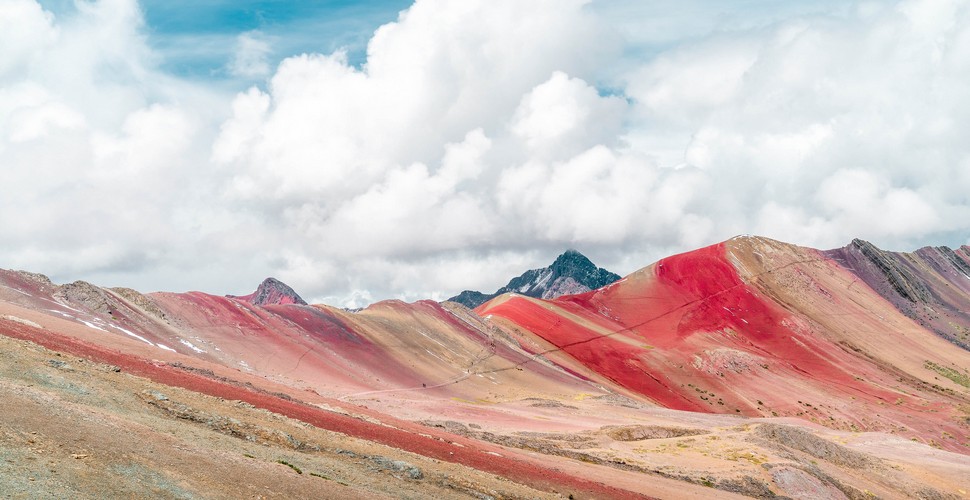
Sustainable Agriculture and Food Security in Peru
Environmental awareness in Peru is essential for promoting sustainable farming practices. Environmental awareness in Peru is essential for promoting sustainable farming practices. Trekking routes like Salkantay, pass through coffee and cocoa plantations. Trekkers can visit these plantations and maybe even purchase some delicious coffee! You will be contributing to the economy of the local coffee producers.
Ecotourism Along The Salkantay Route
Peru’s amazing landscapes include places like the Amazon River and Salkantay Mountain. They play a key role in driving the country’s tourism economy. Protecting these natural wonders is vital to sustaining tourism and preserving their beauty. To achieve this, visits must be sustainable. Travelers are encouraged to follow the guidelines on the trails. This helps protect both the attractions and the surrounding ecosystems.
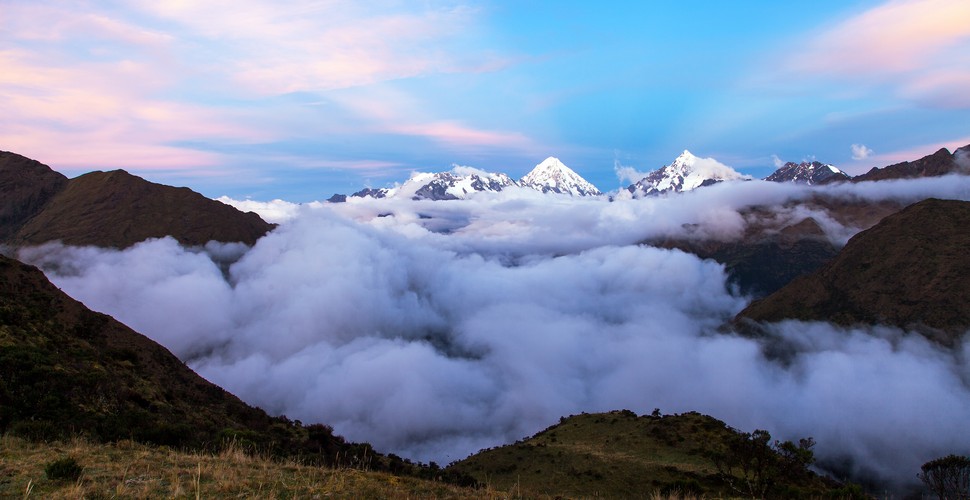
Water Resources Near The Salkantay Region
Access to clean water is a fundamental human right. Many Peruvians rely on rivers and lakes for their water supply in remote regions. Protecting these water sources from pollution is vital for Salkantay Trekkers. As well as for the local communities. This is why it is important to use sustainable practices. These include adequate disposal of waste. As well as the "packing in, packing out" philosophy on your treks along The Salkantay Trail.
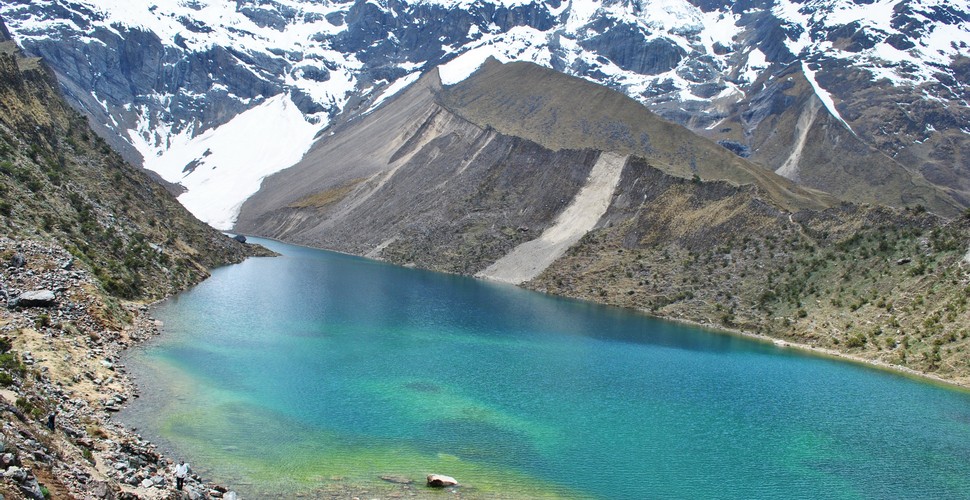
Illegal Logging and Mining in Peru
Peru faces challenges from illegal logging and mining activities. These have had devastating effects on the environment. This is especially so in the Amazon rainforest, just below the cloud forests of Machu Picchu! Cusco also has a lot of mining activity which is detrimental to the local environment. Awareness can help to combat these illegal activities. In turn, this can promote sustainable natural resource management.
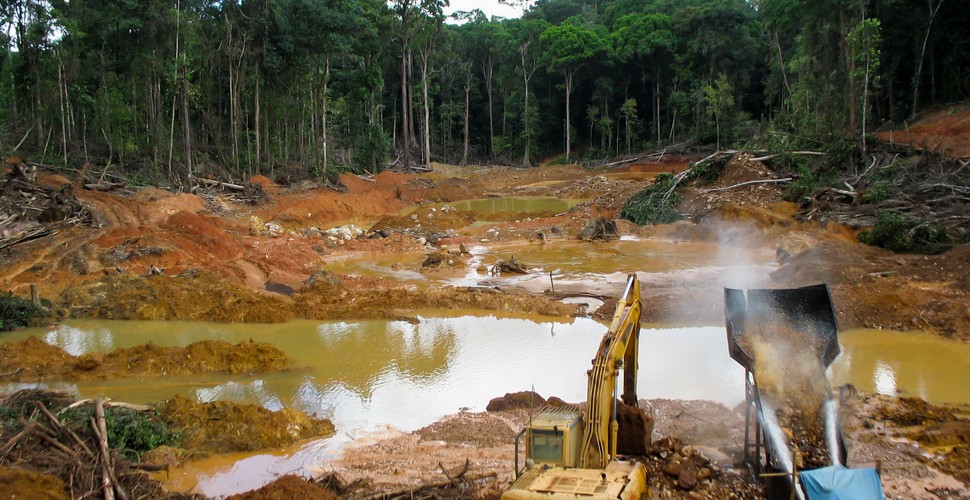
Public Health Near Machu Picchu
Environmental degradation can have a direct impact on public health. This is especially the case with air and water pollution. Promoting environmental awareness can help reduce these health risks. This is strictly monitored to protect the local environment.
Sustainable environmental practices are essential for the long-term economic well-being of Peru. Damage to the country´s natural resources means increased costs. It will lower agricultural yields and affect tourism. Without the correct management, Salkantay could damage the local environment. This would threaten the area's future as a key tourist attraction.
Environmental awareness is essential for a developing country such as Peru. The country is home to incredible biodiversity and cultural traditions. However, climate change and environmental challenges threaten its future. The Salkantay Trek is a breathtaking hike and a bucket-list destination. We are committed to keeping it this way!
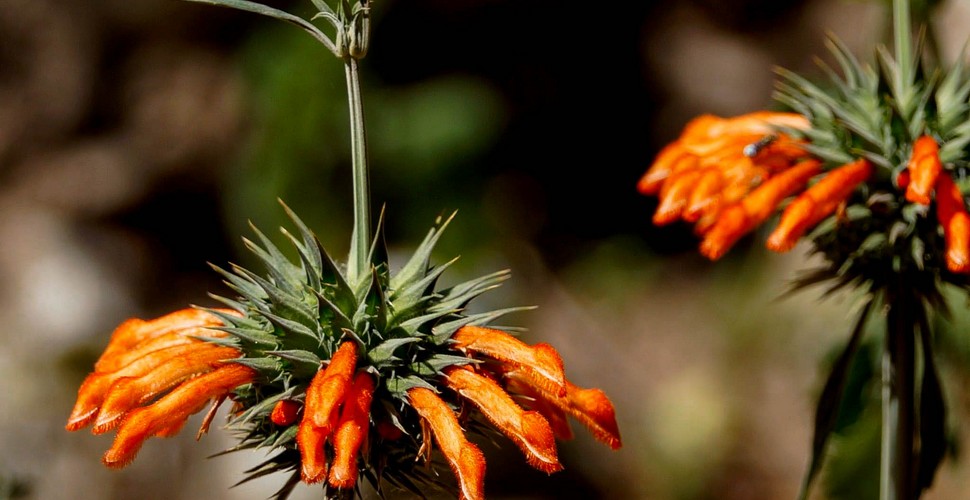
How is Valencia Travel a Sustainable Travel Company?
We have spent years investing in the remote Andean communities that we hike through. From "chocolatadas" and training courses for local residents. We support women’s rights in Andean communities. We have demonstrated our commitment to the local communities.
We treat our staff right! Whether in the Cusco office or out on a Salkantay adventure. We combine fair (above-market) wages and provide benefits. We also provide flexible working conditions for staff with families. We also pay our taxes (You would be surprised how many companies don´t!).
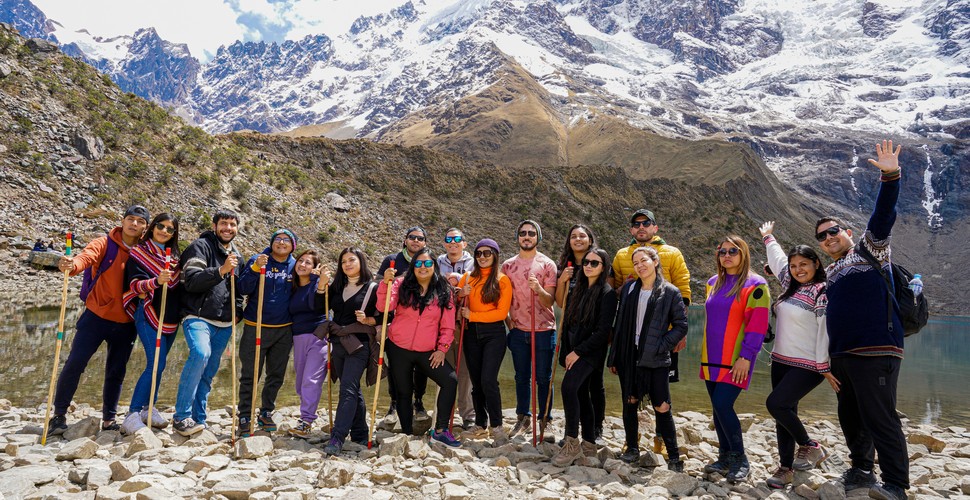
Being a Responsible Travel Company is Vital.
Responsible Tourism means a number of things. Protecting the environment. Respecting local culture. Being good members of a global community. We are a responsible trekking operator. This means we are serious about promoting responsible and sustainable travel in Peru. This is especially the case on treks along the Salkantay Route.
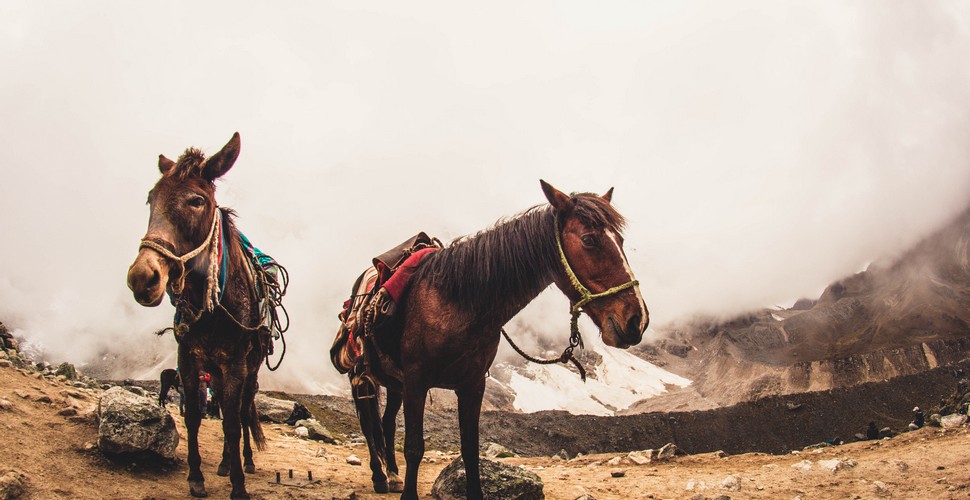
So, What Exactly Are We Doing at Valencia Travel?
We Treat Our Staff Well
Being a responsible tour operator starts at home. That means that our operations center around the well-being of our staff team. This includes the office staff, guides, cooks, and muleteers with whom we work. See more in our About Us section.
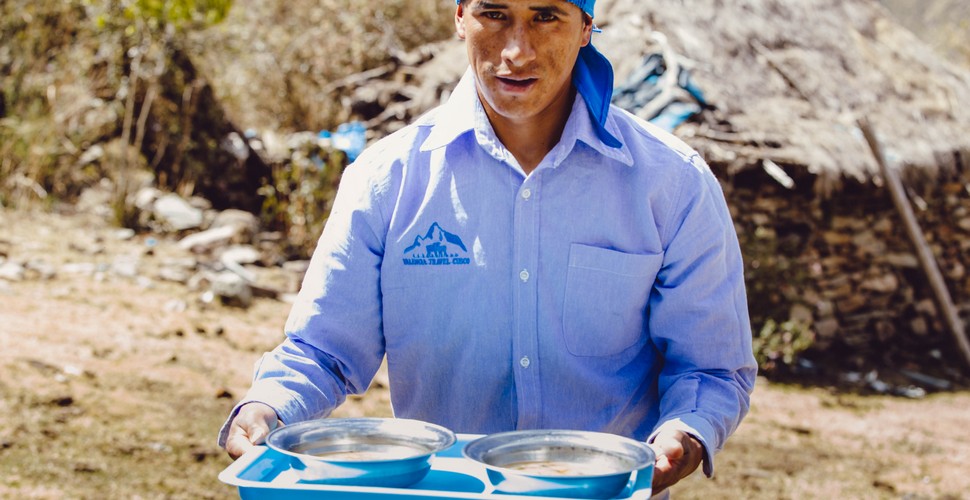
We Facilitate Opportunities for Local Communities
We are committed to providing work to local people. Especially the lands we pass through during a Salkantay Hike.
We Regularly Give Back to the Community
Since the beginning, we have always believed that we need to do more. More than simply operate hikes responsibly. We offer free community training, provide donations, and organize community events. We also visit local rural communities on most of our trips. This helps to provide a sustainable income to the community members.
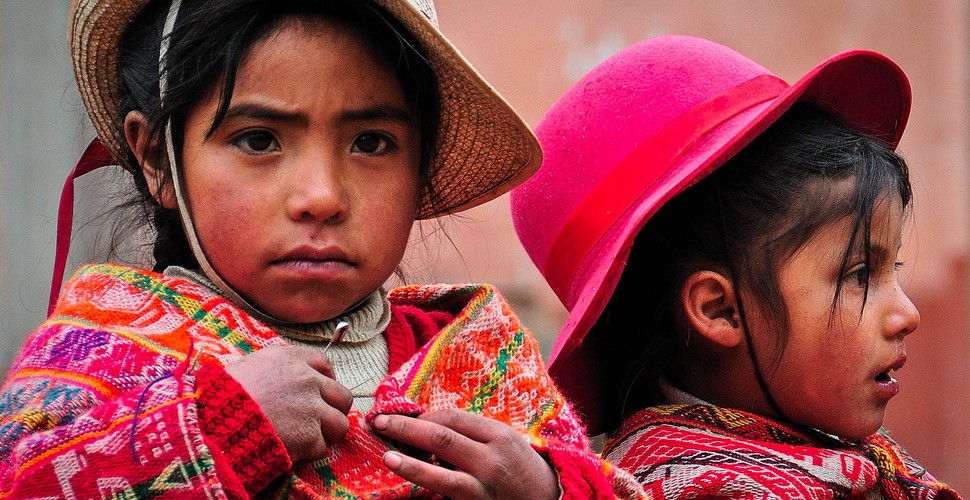
Ongoing Dedication to Sustainability in Tourism
We recently collaborated on a tree-planting activity in the Rukha Community in the Sacred Valley.
We continue to improve, to keep on top of our sustainability initiatives.
We are proud that we’ve been able to keep our treks at a reasonable price. This is while taking our commitment to sustainability and responsible treks extremely seriously.
This ensures that our Salkantay adventures remain accessible to the eco-friendly traveler.
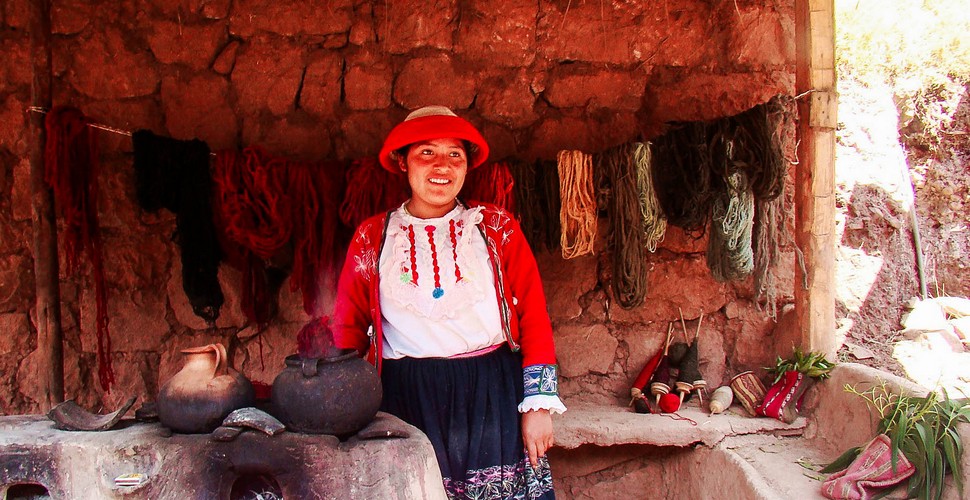
Salkantay Trekking Packages
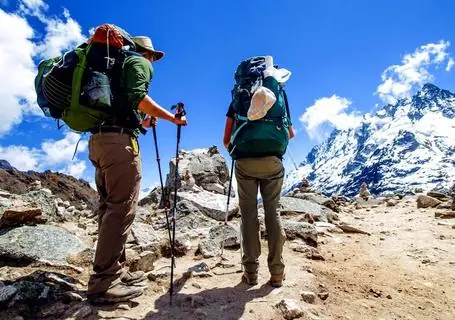 card-tag-title25% off
card-tag-title25% offSalkantay Trek to Machu Picchu
5daysThe spectacular Salkantay Trek to Machu Picchu is one of the best treks in the Andes! Join us on this stunning Andean trekking adventure!
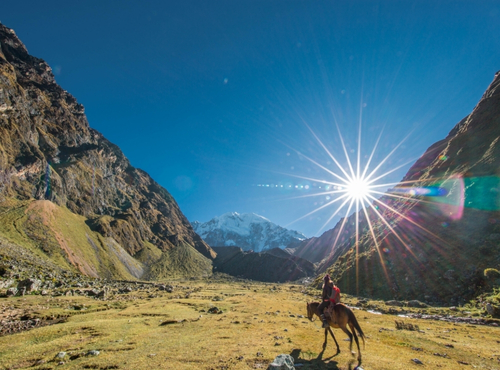 card-tag-title20% off
card-tag-title20% offSalkantay Trek & Machu Picchu
8daysOur 8 Day Salkantay trek to Machu Picchu surrounds you with the beauty of the Andes in Peru! Join Valencia Travel Cusco on the adventure of a lifetime!
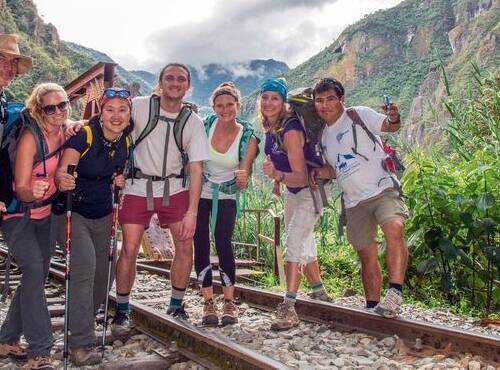 card-tag-title
card-tag-titleSalkantay Trek & Inca Trail to Machu Picchu
6daysThe 6 Day Salkantay Trek and Inca Trail to Machu Picchu combines 2 magnificent treks along classic trails in Peru. Combine Inca ruins, spectacular Andean peaks, and world-class trekking!
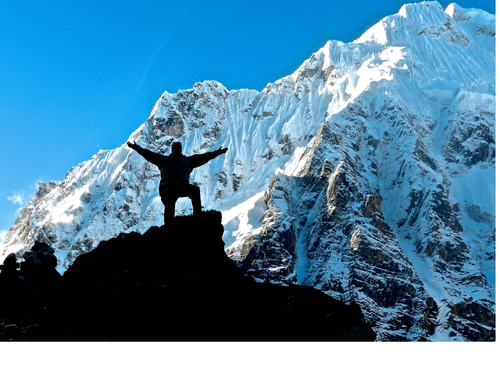 card-tag-title
card-tag-titleSalkantay Trek to Machu Picchu - Private
5daysOn this Private 5 Day Salkantay trek to Machu Picchu, appreciate the unique sight of the snow-capped Salkantay peak. Enjoy a private service along this epic trekking route to Machu Picchu!
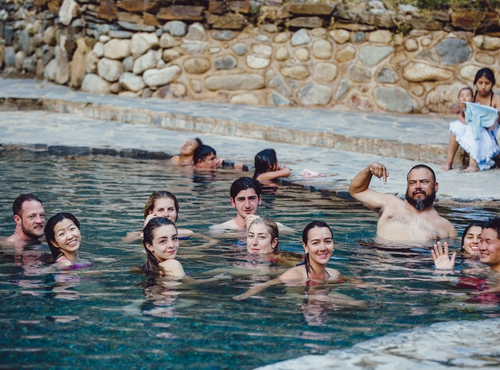 card-tag-title
card-tag-titleSalkantay & Inca Trail to Machu Picchu
7daysThis 7 Day Salkantay & Inca trail to Machu Picchu offers the best of 2 Andean trails to Machu Picchu! Explore all of the natural beauty and epic trails that Peru has to offer!
contant-us-title

specialist-box-title
Maria Diaz
specialist-box-phrase
RELATED TOURS
top-tours-info
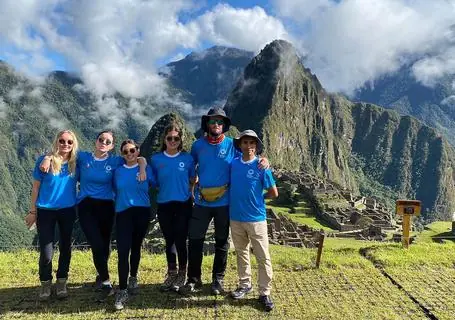
Classic Inca Trail
4daysThe Inca Trail trek to Machu Picchu is the ultimate bucket list hiking experience! Join us on this Classic 4 Day & 3 night Inca Trail Hike!
card-activity-tagModerate - Demanding

Lares Trek & Machu Picchu
7daysAllow Valencia Travel to take you on the Lares Trek & Machu Picchu. This cultural Lares trekking trip will take you deep into the Andes of Peru!
card-activity-tagModerate
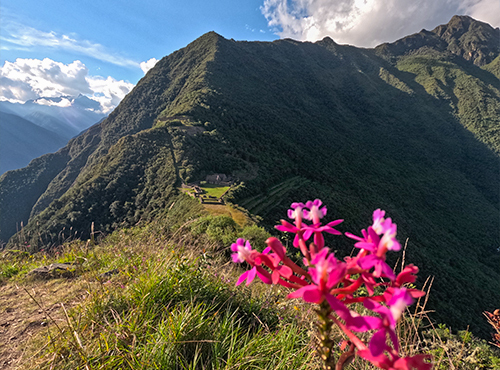
Choquequirao Trek to Machu Picchu
9daysValencia Travel invites you on the spectacular Choquequirao Trek to Machu Picchu. Traverse mountain passes and explore ancient Inca sites on an expedition to Machu Picchu!
card-activity-tagModerate - Demanding
asso-info-title
asso-info-description
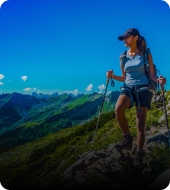 Aventure
Aventure
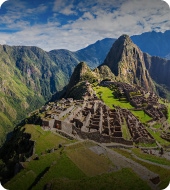 Cultural
Cultural
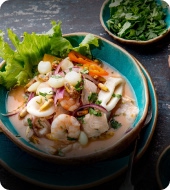 Gastronomy
Gastronomy
 Wellness
Wellness
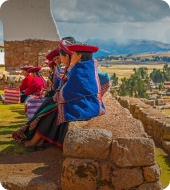 Local Living
Local Living
 Luxury
Luxury



















